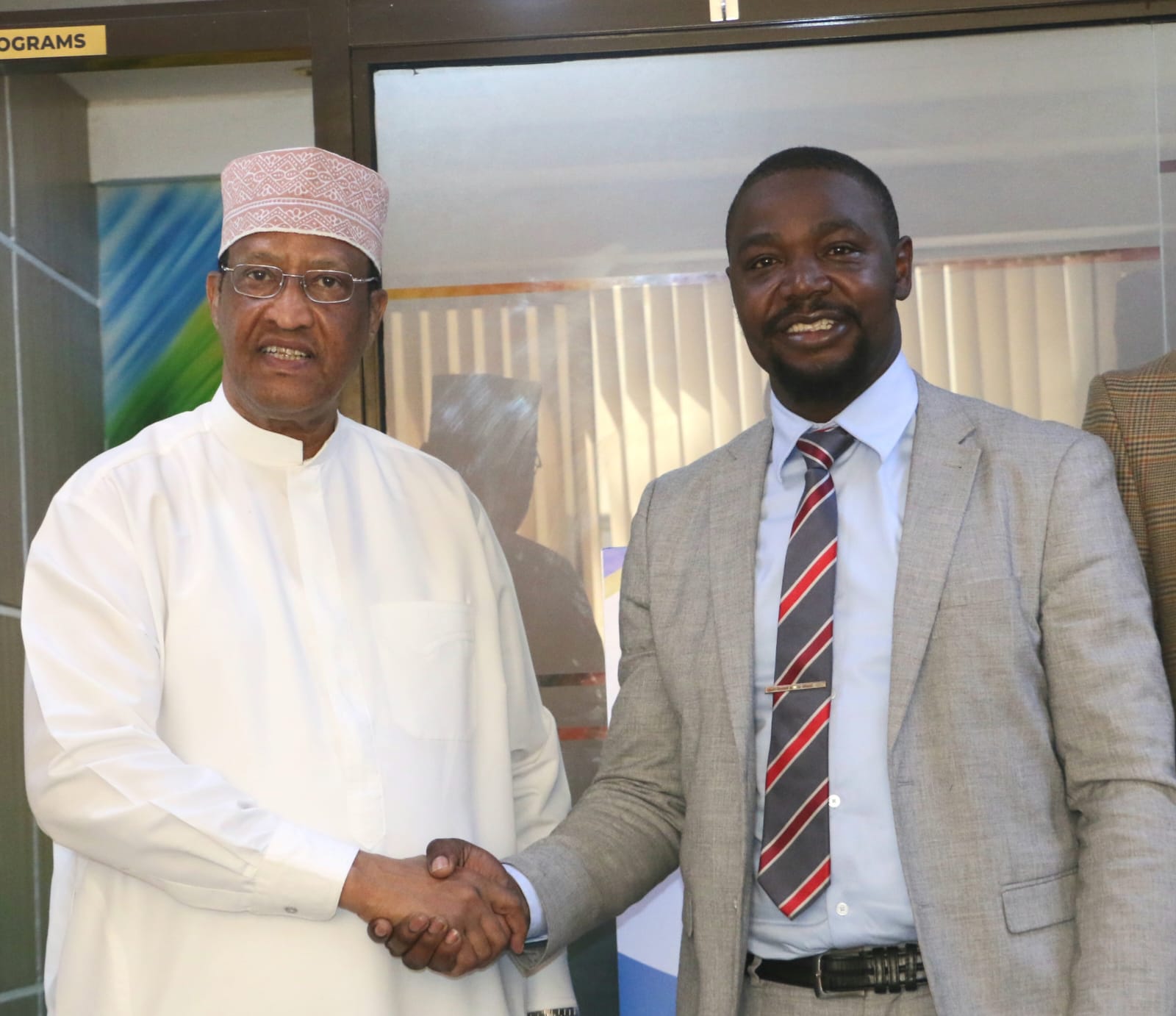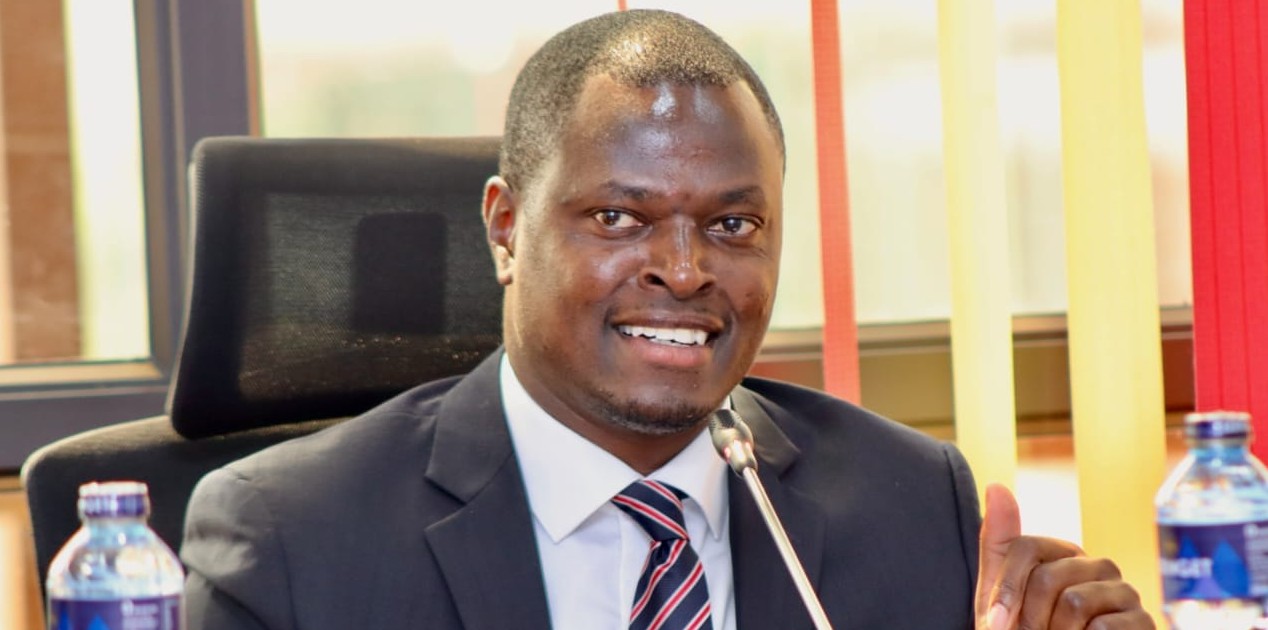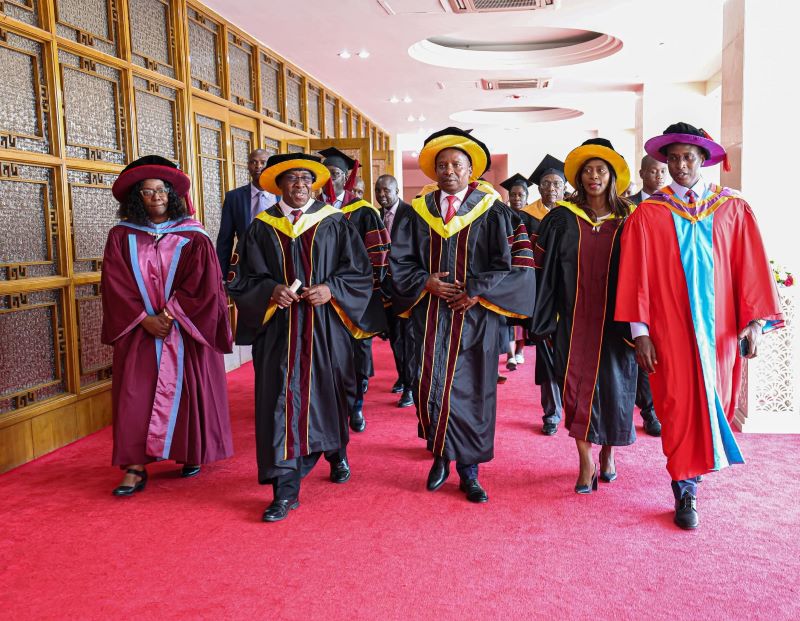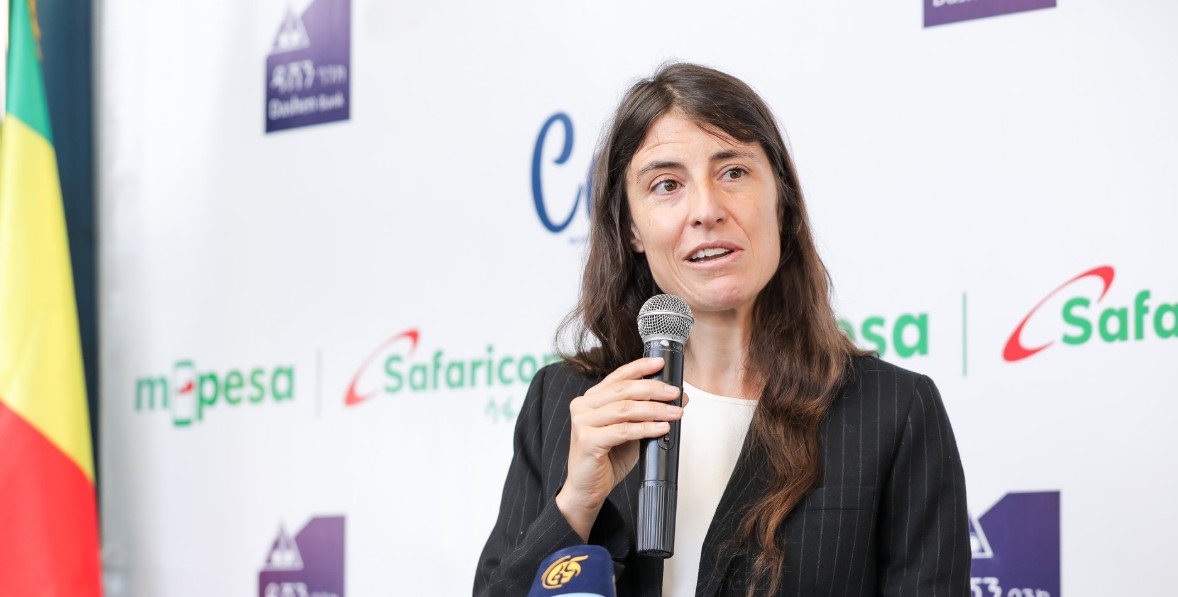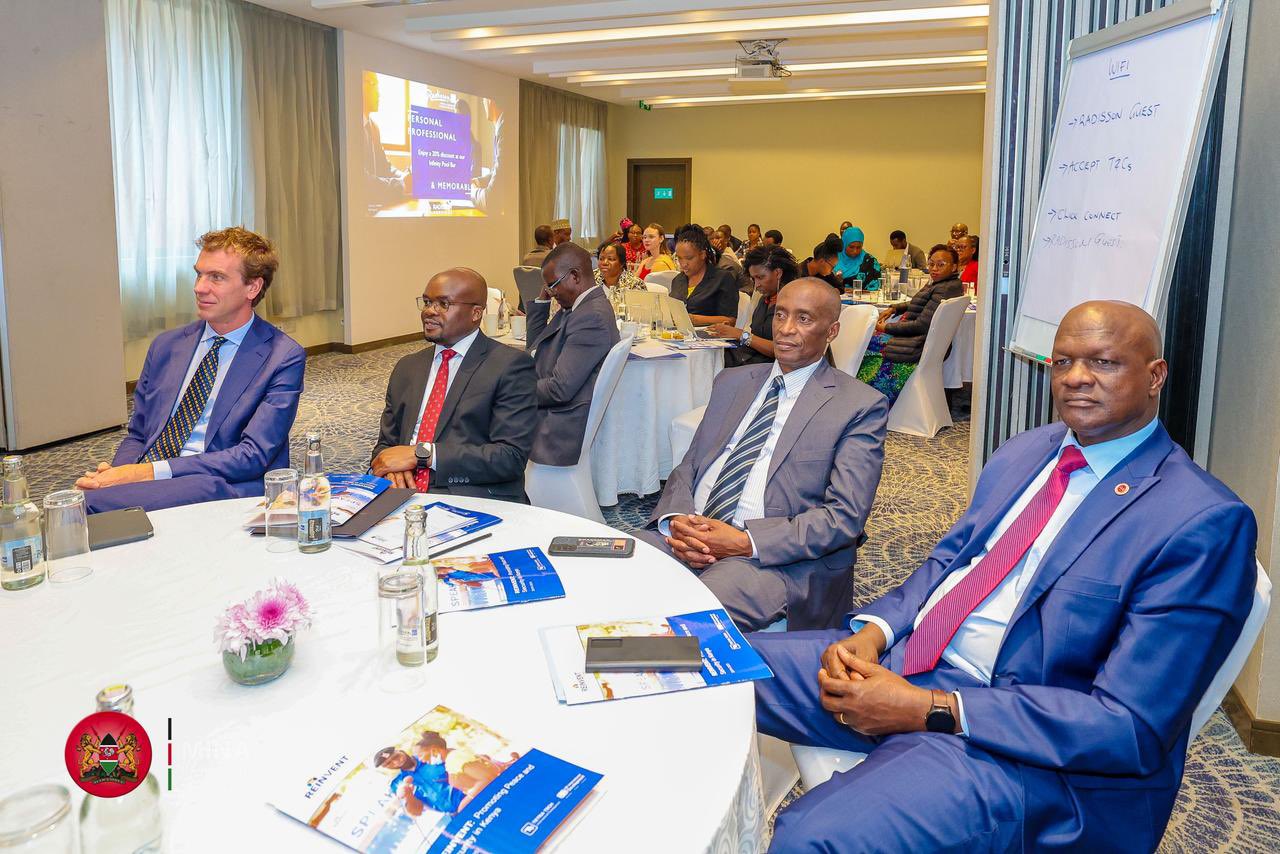Government considering closing schools implicated in fraud, ghost student enrolment – CS Ogamba
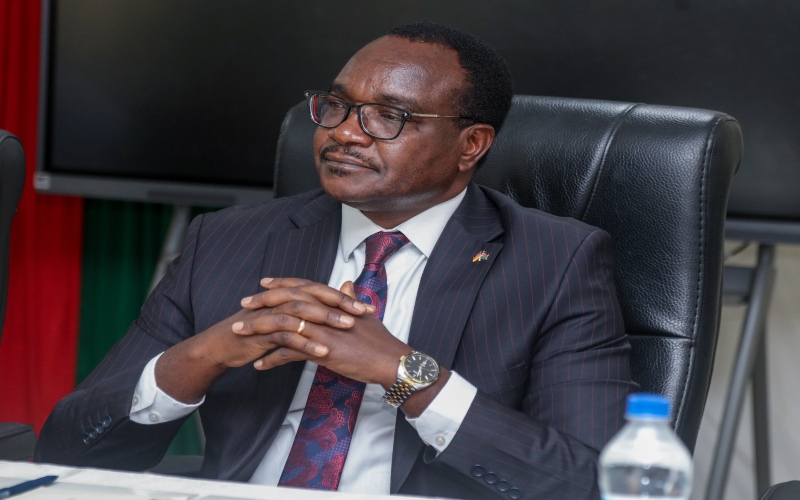
CS Julius Ogamba said that the ongoing audit of learners and institutions is now 75 per cent complete. Preliminary results show that around 50,000 students listed in the system do not exist, with more irregularities expected as the audit progresses.
The Education Ministry is set to take bold steps to address the growing problem of ghost students and schools misusing public funds.
Education CS Julius Ogamba revealed that the government is considering closing down some schools and holding accountable anyone involved in fraudulent activities.
More To Read
- Over 44,000 schools cleared for capitation as audit uncovers 87,000 ghost learners
- Government urged to fast-track transition of basic education institutions to comprehensive schools
- Education Ministry closes 10 ‘ghost’ schools as audit finds 6,000 under-enrolled institutions
- MPs outraged as Education CS reveals Sh1.1 billion paid to ghost students in public schools
- Tunza Mtoto Coalition demands full disclosure of ghost student audit findings
- Parents to pay for school property destroyed during student strikes, CS Ogamba warns
Speaking to senators, Ogamba said that the ongoing audit of learners and institutions is now 75 per cent complete. Preliminary results show that around 50,000 students listed in the system do not exist, with more irregularities expected as the audit progresses.
“We have about 25 per cent to go and those anomalies are now being discovered,” he said on Wednesday.
The CS warned that those responsible for siphoning funds will face action. “If resources were sent to a bank for school X, we will have to find out who signed for those resources from that bank, and action will be taken because that is criminal,” he stated.
CS Ogamba added that the audit will form the basis for significant reforms, including the potential closure of certain schools.
“In the verification exercise we are currently undertaking, part of the data collection involves the number of students in each institution and their current status,” he said. “This data will help the government decide whether some schools should remain registered.”
He further noted that some students may be transferred between schools to ensure a better balance of teachers and learners.
“It will also guide us on whether to transfer some students from one school to another to ensure institutions operate optimally with the right balance of teachers and students,” he explained.
Early findings indicate that some schools operate with fewer than 10 students but have up to five teachers.
Ogamba said such discrepancies, together with unreliable data, have contributed to underfunding in the sector.
“When we submit our budget to the Treasury and Parliament, it gets cut because we don’t all agree on the actual number of students,” he said.
The CS also announced a comprehensive review of all funds allocated to education.
“We want to undertake an audit of all the money used in the sector, including bursaries from various institutions, donors and government agencies, to determine the exact expenditure,” he said.
“This will allow us to analyse whether, with the current number of learners, pooling all these resources could enable us to provide free education for all children.”
The ministry plans to consolidate all education funds into a single pool for better management.
To achieve this, the Kenya Education Management Information System has been introduced to improve planning and reduce waste. “We want this ministry to have one single source of truth. We want every activity to be linked through this system so that we can coordinate efforts,” Ogamba said.
He explained that accurate data will prevent unnecessary purchases.
“For example, with 12 million students, if you’re buying books for a subject, only 12 million books should be purchased. Sometimes, with five million students, we buy 12 million books-that’s waste,” he said.
Top Stories Today
